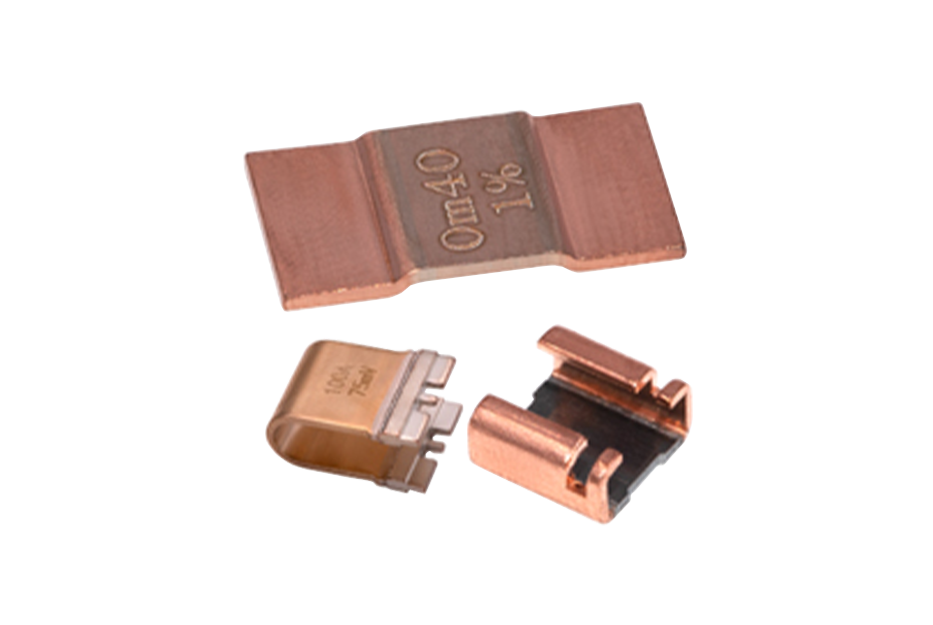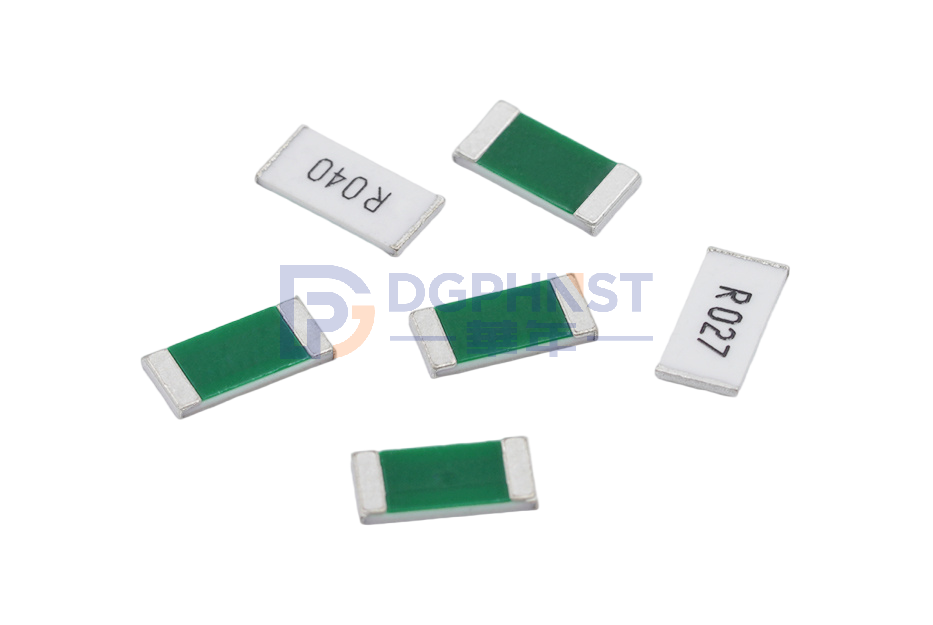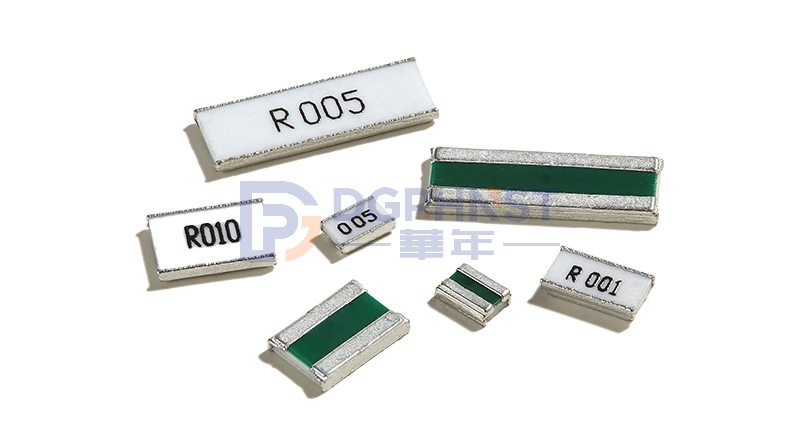A hnstshop.com/product-list/R09-p1-l10.html" target="_blank" rel="noopener">sampling resistor is a resistive component used in a circuit to sample current or voltage signals. The sampling resistor has the following parameter characteristics:
Wide range of resistance values: The resistance range of sampling resistors is usually between a few ohms to a few megaohms, which can meet the requirements of different circuits for resistance values.
High accuracy: The accuracy of the sampling resistor is usually between 1% and 0.01%, which can meet the accurate measurement requirements for current or voltage signals.
Good stability: The sampling resistor has good stability under different temperature and humidity conditions and can maintain stable operation for a long time.
Strong withstand voltage capability: The sampling resistor can withstand high voltages and can operate normally in high voltage environments.
The selection of sampling resistors requires consideration of the following special considerations:
Resistance selection: Select an appropriate range of resistance values according to the requirements in the circuit. If the resistance value is too small, it may cause large current to pass through, and if the resistance value is too large, it may cause signal attenuation.
Accuracy selection: Select the appropriate accuracy based on the requirements for measurement accuracy. Generally, the higher the accuracy, the higher the price of the sampling resistor.
Selection of withstand voltage capability: Select an appropriate withstand voltage capability based on the voltage situation in the circuit, ensuring that the sampling resistor will not be damaged due to high voltage.
Good sampling resistor brands in the market include Ellon、LIZ、Walter、Susumu、Vishay、Panasonic、TE Connectivity、Yageo、Viking etc. The sampling resistors of these brands have good quality and stability, and have a good reputation in the market.
Ellon sampling resistor selection address: Please click on the image
The market application range of sampling resistors is very wide, mainly including the following aspects:
Current measurement: Used in circuits to measure the magnitude and direction of current, commonly found in electronic devices, power systems, and other fields.
Voltage measurement: Used in circuits to measure voltage magnitude and waveform, commonly used in fields such as electronic instruments and communication equipment.
Signal sampling: Used in circuits to sample signals, commonly used in data acquisition systems, instruments, and other fields.
Resistance matching: Used in circuits to match resistance values, commonly found in fields such as power amplifiers and filters.
Temperature measurement: Used in circuits to measure temperature, commonly used in fields such as temperature sensors and temperature control systems.
In summary, sampling resistors are an important resistance component with a wide range of market applications and diverse parameter characteristics. When selecting sampling resistors, it is necessary to consider factors such as resistance value, accuracy, and withstand voltage capacity, and choose a brand with reliable quality.





